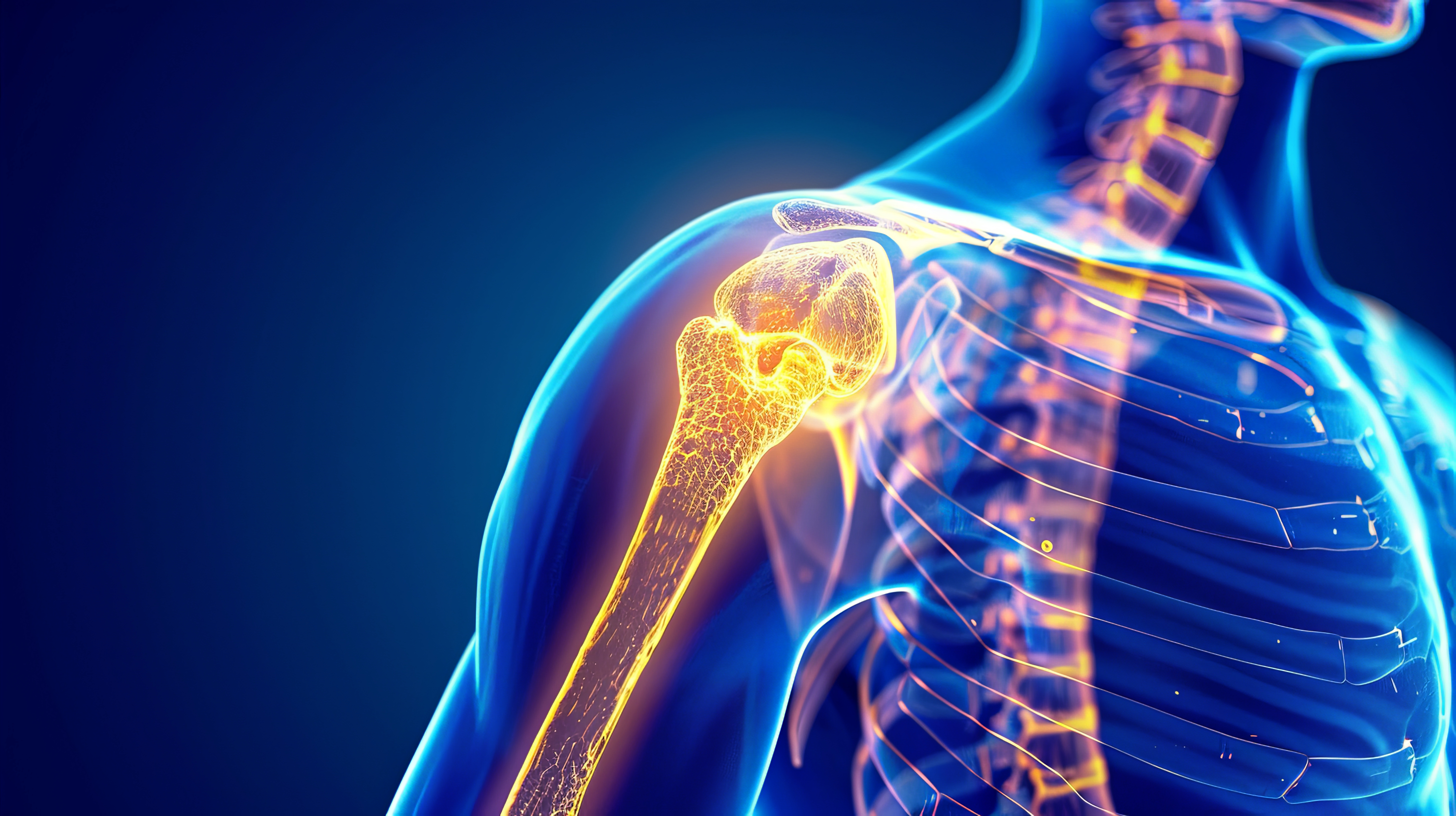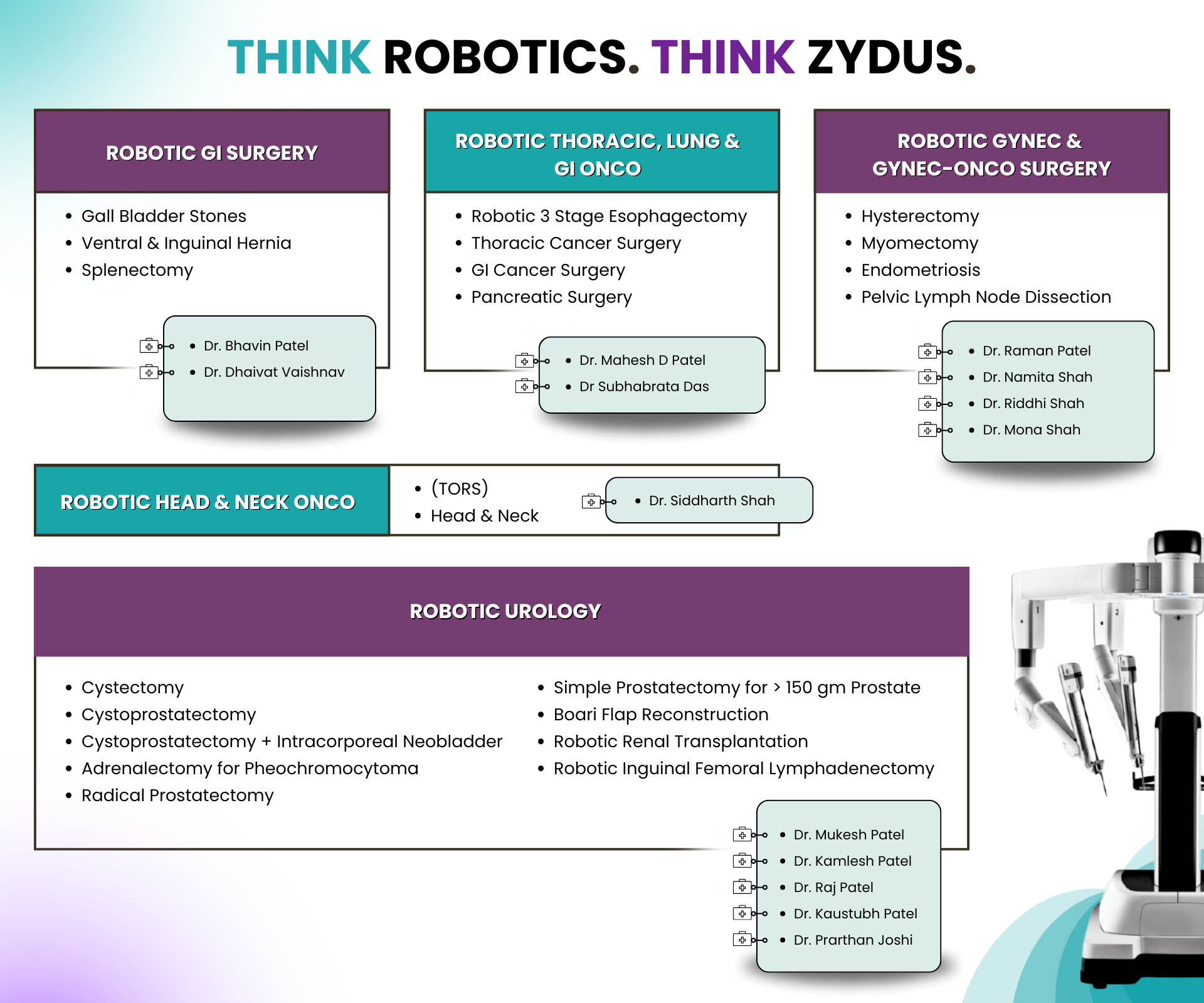
Shoulder Replacement Surgery
- Medical Specialities
- Orthopaedics, Trauma & Joint Replacement
- Shoulder Replacement
-
Shoulder Replacement
-
Joint Recovery Through Advanced Shoulder Surgery
-
The shoulder is a ball-and-socket joint. Most movement occurs where the ball of your arm bone fits into the socket in the shoulder blade.
-
Joint Why the Joint Needs Replacement?
-
The most common reasons for choosing shoulder replacement surgery are arthritis, either wear-and-tear or rheumatoid arthritis. It may also be required following a significant fracture. In cases where the rotator cuff muscles controlling movement are severely damaged, a total shoulder replacement or reverse shoulder replacement may be considered to restore joint function.

-
About the Shoulder Joint Replacement Operation
-
The operation replaces the damaged surfaces of the shoulder joint with artificial components: a metal replacement for the ball and a plastic cup for the socket. The goal is to reduce pain and improve movement. The amount of movement you might regain depends on how stiff the joint was beforehand and whether the muscles were working normally.
-
Sometimes only the ball portion is replaced, and occasionally a “reverse” prosthesis is used when the rotator cuff is deficient.
-
Possible Complications
-
While shoulder joint surgery is commonly performed and generally safe, there are risks such as infection, stiffness, pain around the shoulder, nerve or blood vessel damage, and the potential need to redo the surgery if implants loosen or fail.
-
After the Surgery
- Recovery may take several weeks or even months before full benefit is felt.
- You will be given pain medicines while in the hospital and likely continue some at home.
- Expect swelling and bruising around the upper arm; ice-packs can help still suggested after the doctor’s advise.
- A physiotherapist will introduce exercises on the first day after the operation, and outpatient physiotherapy will follow.
- Many patients can expect to resume driving and light activities after approximately. 6-8 weeks for full functional recovery may take longer.
-
If you are seeking expert care, our shoulder specialist in Ahmedabad is available to assess your condition, discuss treatment options, and guide you toward recovery and improved mobility.

Search Doctor / Diseases
The Transplant Center of Gujarat
-
LIVER TRANSPLANT
-
200+ successful transplants done
-
A full-time dedicated team of 20+ members of Liver Transplant Surgeons, Hepatologists, Intensivists and Anaesthetists
-
Exclusive Class 100 Modular Liver OT and Liver ICU with strong infection control standards
-
KIDNEY TRANSPLANT
-
300+ successful transplants completed by the experienced and dedicated team of Senior Consultants in Nephrology and Urology
-
State-of-the-art 50 bed advanced Dialysis Centre with facilities for CRRT, SLED, HDF and CytoSorb
-
HEART TRANSPLANT
-
Highly experienced team of Heart Transplant Surgeons and Cardiologists
-
State-of-the-art infrastructure with exclusive Cardiac Critical Care Unit, ECMO Facility, Advanced Cath Lab and Left Ventricular Assist Device (artificial heart) Facility
-
BONE MARROW TRANSPLANT
-
200+ Haematopoietic Stem Cell Transplants at hi-tech BMT Unit
-
Highly experienced Haematologist, Intensivists and BMT-trained Staff, supported by Radiation Oncology Department with TBI treatment


